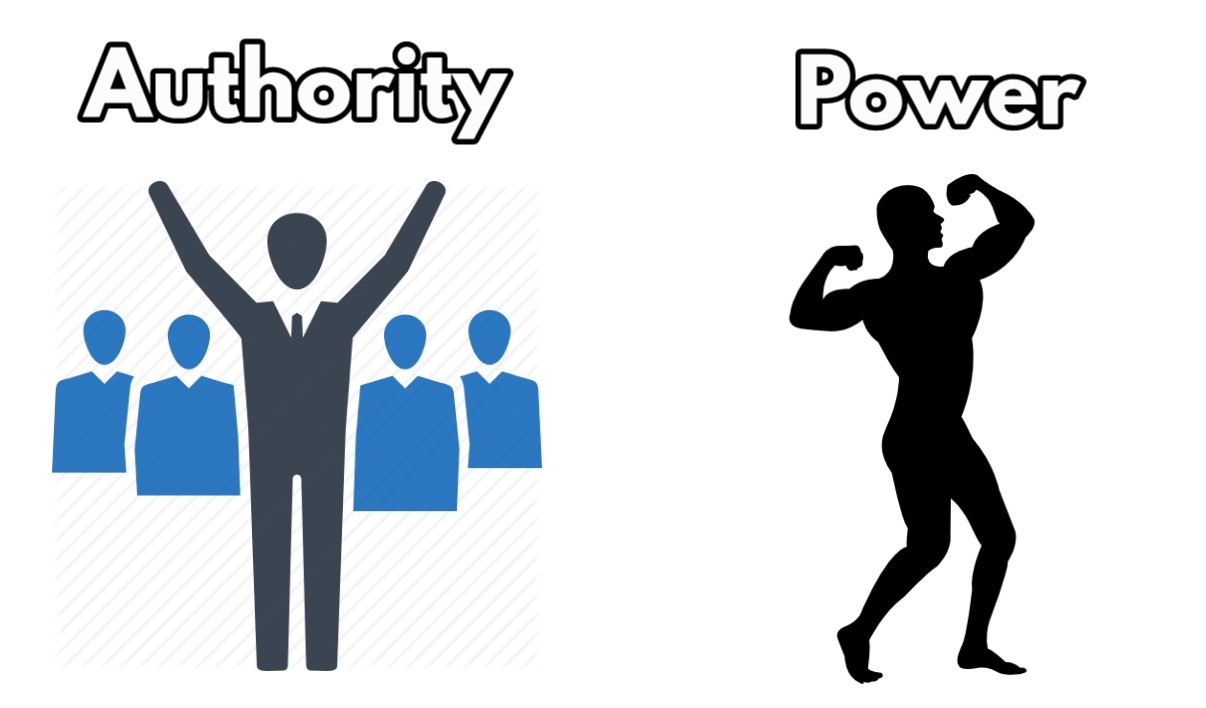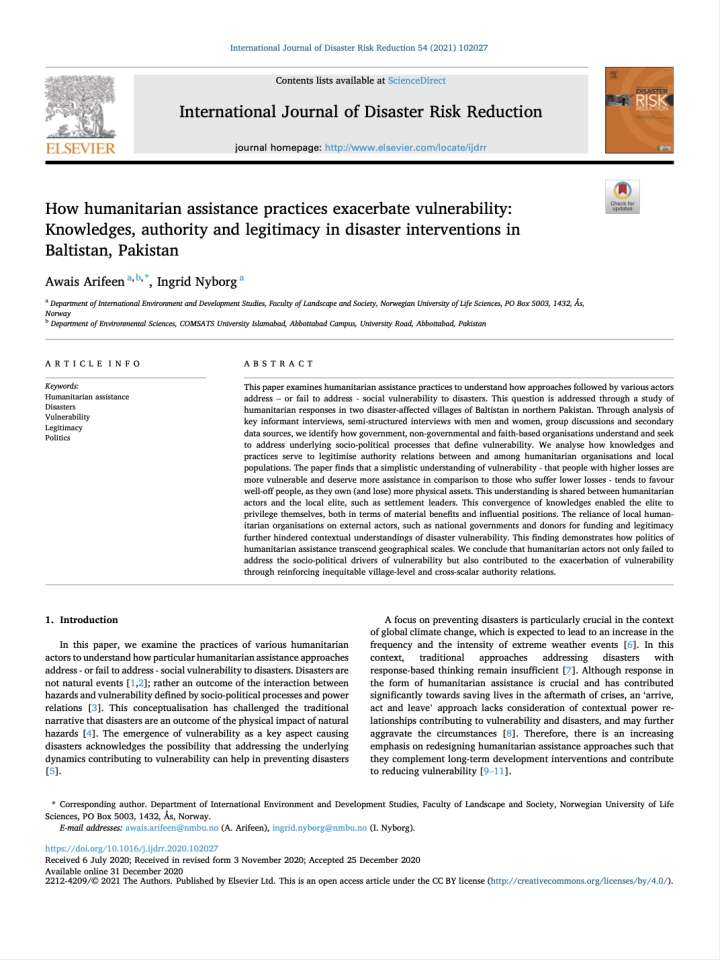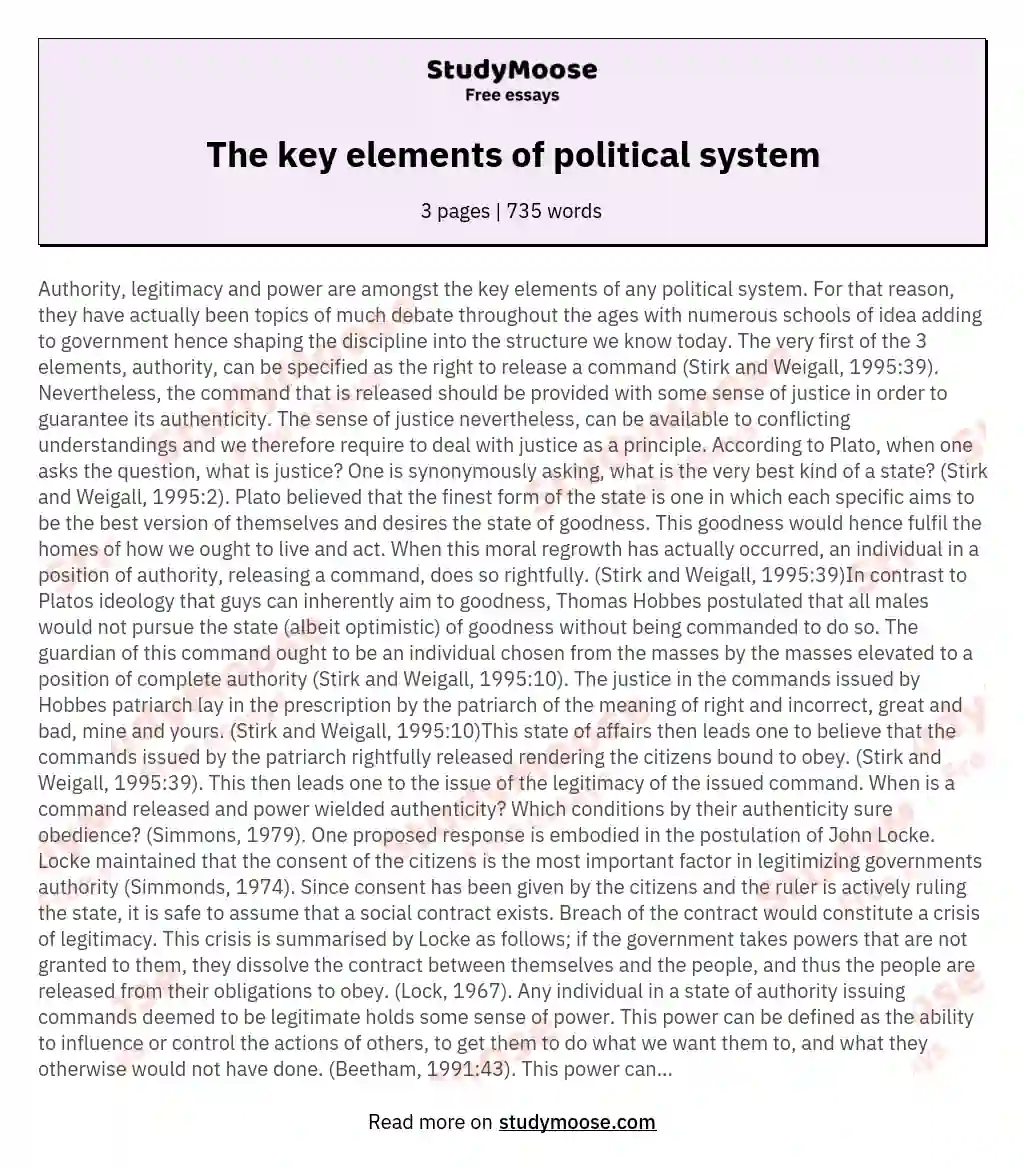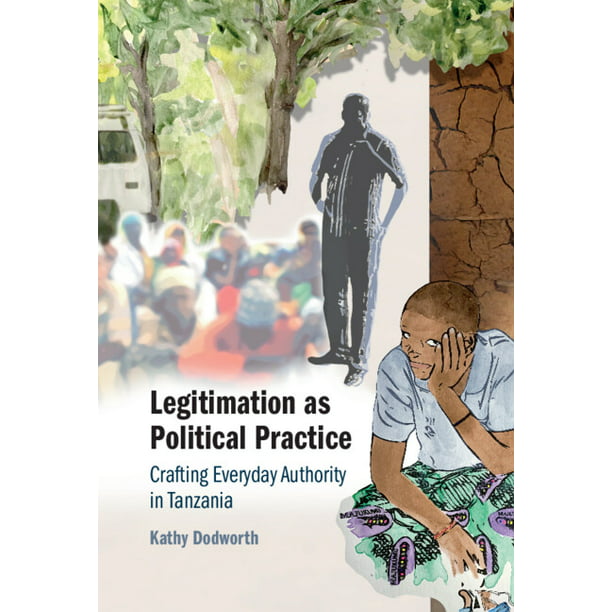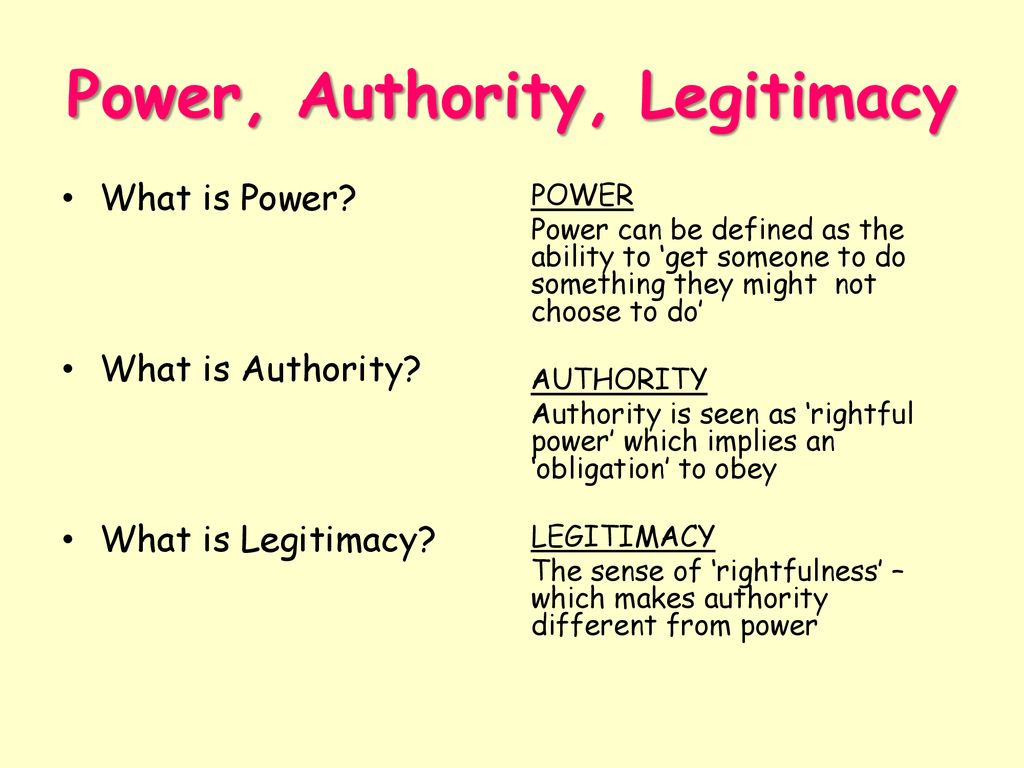Authority and legitimacy are two important concepts in the fields of political science and sociology that are often used to describe and analyze the power dynamics in society. While the terms are related, they are not interchangeable and have distinct meanings.
Authority refers to the right or power to make decisions and command obedience from others. It can be exercised by individuals, such as a parent or a teacher, or by institutions, such as the government or a corporation. Authority can be formal, meaning it is granted by an external source, or informal, meaning it is derived from personal characteristics or expertise.
Legitimacy, on the other hand, refers to the belief that a particular authority is just and legitimate, or in other words, that it has the right to wield power. Legitimacy is often based on the idea that the authority has a mandate from the people, follows established rules and procedures, and serves the common good. Legitimacy can be seen as a type of social contract, in which the authority agrees to use its power responsibly in exchange for the acceptance and obedience of the people.
There is a distinction between legal authority, which is derived from the law, and moral authority, which is derived from social norms and values. Legal authority is based on the concept of the rule of law, in which the government has the power to make and enforce laws. Moral authority, on the other hand, is based on the idea that certain individuals or groups have the moral authority to guide and shape the behavior of others.
One key difference between authority and legitimacy is that authority is a necessary but not sufficient condition for legitimacy. In other words, an authority may have the power to make decisions and command obedience, but it is not necessarily legitimate if it does not have the acceptance and support of the people. Legitimacy, therefore, is something that must be earned and maintained, and can be lost if the authority fails to act in a just and responsible manner.
In conclusion, authority and legitimacy are two important concepts that are often used to understand the power dynamics in society. Authority refers to the right or power to make decisions and command obedience, while legitimacy refers to the belief that an authority is just and legitimate. While authority is necessary for legitimacy, it is not sufficient, as legitimacy must be earned and maintained through responsible and just actions.

